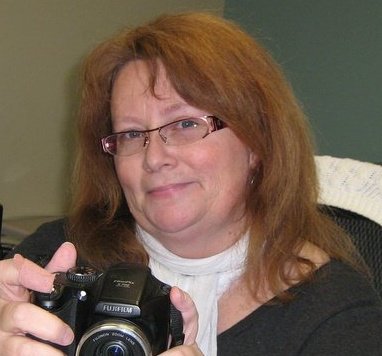I sometimes wonder what Canadian-born media thinker Marshall McLuhan would think of today's Internet-based culture. I like to think he would be fascinated and captivated, and I wish he were still around to tell us himself.
Annie was made in 1977, and McLuhan died just three years later, so by the time I started reading Understanding Media in college in 1980, his body of work was a fait accompli.
After his death, and with the changing complexity of media communication over the next 30 years, McLuhan's theories fell out of vogue. Still, even if you disagree with everything he wrote, he remains the father of media theory, in the sense that we talk about media theory today because McLuhan said we should. He is the guy.
The part of his stuff that I liked best was his "medium is the message" theory, his complicated assessment that the medium used to convey the message affects society in fundamental ways because of the nature or characteristics of the medium. For example, when Gutenberg first developed his printing press, the impact of the medium (greater mass production of books) on society had the effect of dramatically increasing literacy, which, of course, changed the world.
Fast forward 574 years, and ask yourself these questions. How many hours a day are you on the Internet? Where do you get the majority of your news - television, radio, newspapers, or online? When you need a new pair of shoes, do you go to the mall or do you visit macys.com? When you need to remind your teenager of something important, do you scotch-tape a note to his door or send him an email?
Most of us probably do a combination of these. For work, I still read the daily newspaper and I still run to the bathroom to wash off the newsprint (I will miss that experience some day), even though I spend much more time reading online news sources. I use Facebook to send out event invitations, group-message friends or "chat" with "peeps," and for content from unusual sources, such as NASA and the American Film Institute. I am more informed today, I'd say, than I ever have been in my life.
I do probably 75 percent of my non-food shopping, pay all of my bills but two, and bank online. If I could see the doctor online, I probably would.
You might think that all of this ease-of-access would be shaving hours off my day and that as a result, I'd have more leisure time, and I probably do, but guess where I spend a good portion of that leisure? Uh huh.
So what would old Herbert Marshall McLuhan think of this Internet stuff. Would he say that the Internet is the medium that proves his theory? Well, wait a minute, I have him right here...
Most of us probably do a combination of these. For work, I still read the daily newspaper and I still run to the bathroom to wash off the newsprint (I will miss that experience some day), even though I spend much more time reading online news sources. I use Facebook to send out event invitations, group-message friends or "chat" with "peeps," and for content from unusual sources, such as NASA and the American Film Institute. I am more informed today, I'd say, than I ever have been in my life.
I do probably 75 percent of my non-food shopping, pay all of my bills but two, and bank online. If I could see the doctor online, I probably would.
You might think that all of this ease-of-access would be shaving hours off my day and that as a result, I'd have more leisure time, and I probably do, but guess where I spend a good portion of that leisure? Uh huh.
So what would old Herbert Marshall McLuhan think of this Internet stuff. Would he say that the Internet is the medium that proves his theory? Well, wait a minute, I have him right here...

No comments:
Post a Comment